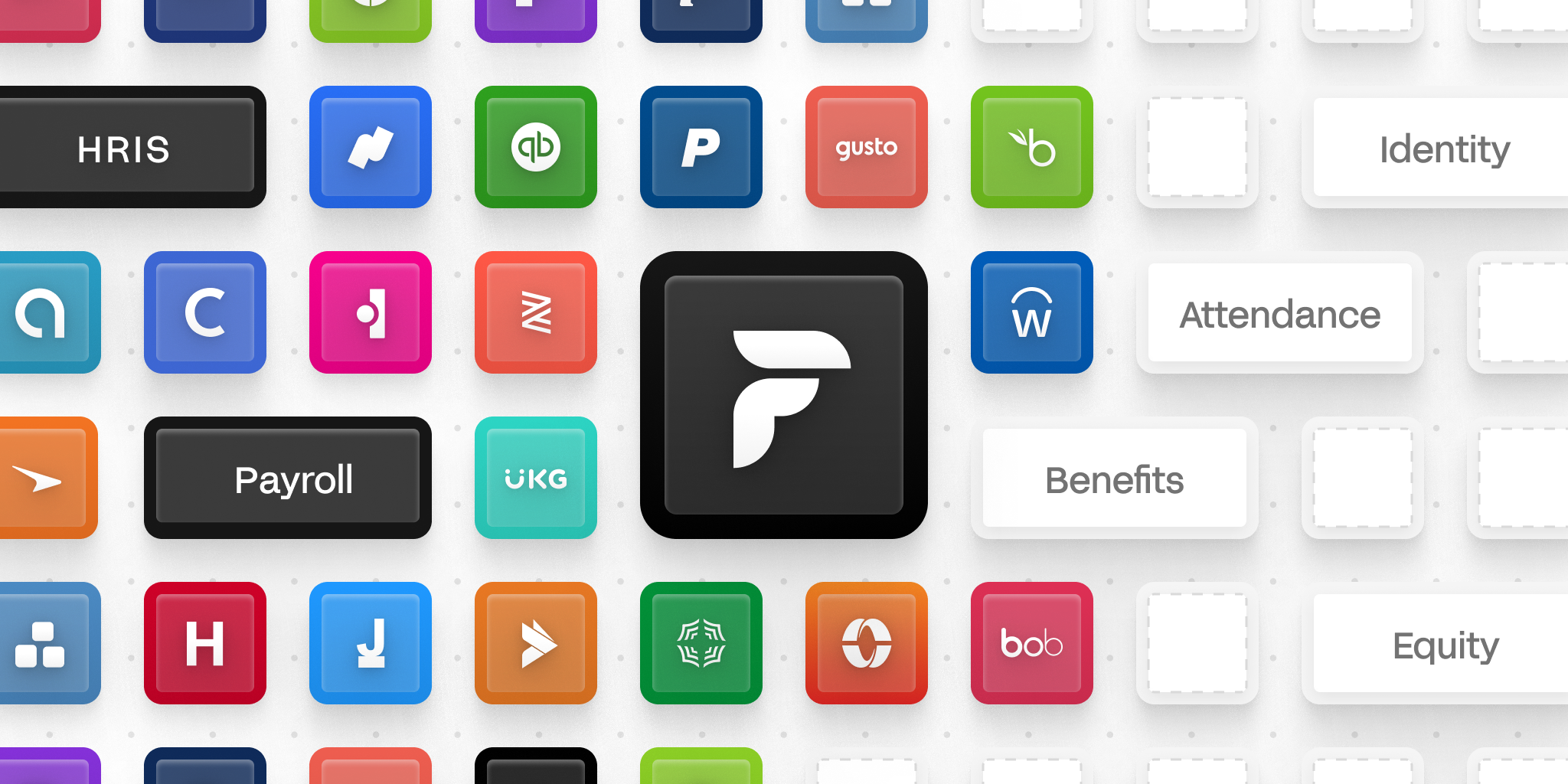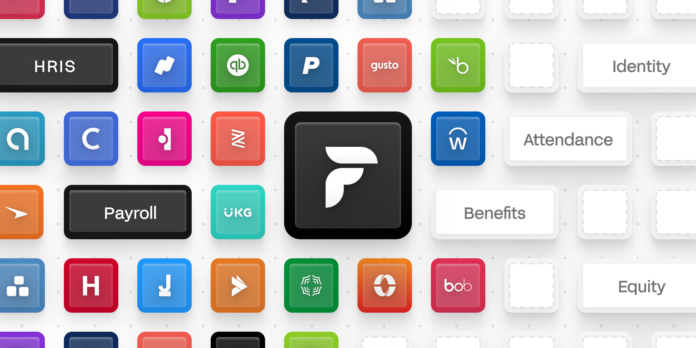Finch helps companies connect to various HR applications, services and systems has successfully raised $40 million in a Series B round co-led by General Catalyst and Menlo Ventures with participation from QED Investors, Altman Capital and PruVen Capital.
Co-founder and CEO Jeremy Zhang says the new capital will go toward adding coverage for more payroll and benefits systems, expanding into new employment data verticals, and growing the company's customer success, product, and engineering teams. Finch. Zhang says the company was cash flow positive before the funding round, with revenues up 12 times since Series A of Finch last June.
“This funding validates the leadership position of Finch in the employment API ecosystem and fuels our focus on building deeper connectivity and broader coverage,” Zhang said. “The mission of Finch is to democratize access to the infrastructure that underpins the employment sector, unlock much-needed innovation, and create tremendous economic value for both employers and employees.”
Finch was co-founded by Jeremy Zhang and Ansel Parikh in 2020, initially to address challenges lenders faced in processing Paycheck Protection Program applications. Zhang previously worked in Amazon's robotics research and development division, while Parikh was an investor in Kleiner Perkins. The goal was to help businesses get the funds they needed without having to send payroll PDFs to lenders. But once it was released Finch, Zhang and Parikh realized that there was a much greater demand for connectivity in the HR software space beyond that limited use case.
To that purpose, Finch today it allows companies like Vanta, Lendio, Middesk, and OpenComp to gain access to more than 200 HR systems by taking what Zhang calls a "multi-factor" approach. Sort of like a "Plaid for HR," Finch leverages APIs and protocols like sFTP to sync with existing apps and services while offering customers a unified API.

“Our direct competitor is the current status quo in the industry, which operates on three main models: spreadsheet uploads, sFTP servers, and in-house operations,” Zhang says. “The apps require HR managers to upload employee information, enrollment, and pay statements. Most of the industry has embraced file transfer via sFTP servers, which is more secure than emailing employee data, but requires setting up sFTP servers and lacks inter-company standardization. As a result, many companies rely on an internal operations team to manually log in and pull employee reports or set up deductions and contributions.”
Conversely, a company can use the APIs of Finch to create dashboards and experiences for employee onboarding, adjust employee benefit contributions, track cost savings and expenses, and more. The data of the human resources system that it manages Finch they're encrypted both in transit and at rest, Zhang says, and the platform overlays multiple levels of access management for privacy.
Finch It competes with Merge and Flexspring, which offer platforms that connect different HR systems to enable data exchange between them. Merge recently closed a round Serie B of $55 million, highlighting investor enthusiasm for the category. Larger, more established providers have also begun to consider it, with Plaid, for example, launching a payroll API system for income verification called income plaid.
When asked about the competition, Alex Tran of General Catalyst had this to say: “As early backers of Stripe and Gusto, we have come to appreciate the importance of fintech infrastructure, as well as the evolving nature and use cases around it. to employment data. . We are excited to see Finch innovating at the intersection of two areas that matter a lot to us.”
Zhang said that from a growth perspective, there were "positive tailwinds" for Finch stemming from the large amount of hiring activity in 2021 and 2022. This led to high demand and budgets for HR tools, he said; Finch has more than 1,5 million employees connected through its platform. But recently, the business has shifted toward more essential use cases for employers, regardless of macroeconomic conditions, such as retirement benefits and insurance plan enrollment.
“We had most of our Series A funds still in the bank and this financing extends our lines of work for several years, giving us a path to break even before considering a next fundraiser,” Zhang continued. “The world is moving towards more standardized, open and interconnected data systems. However, the employment infrastructure remains complex, closed and fragmented. The mission of Finch is to democratize access to the infrastructure that underpins the employment sector, unlock much-needed innovation, and create tremendous economic value for both employers and employees.”
The financing takes the total collected from Finch to more than $68 million. Zhang says he will continue hiring in all areas of his business in 2023, with the goal of growing the company's workforce from 57 employees to more than 80.




